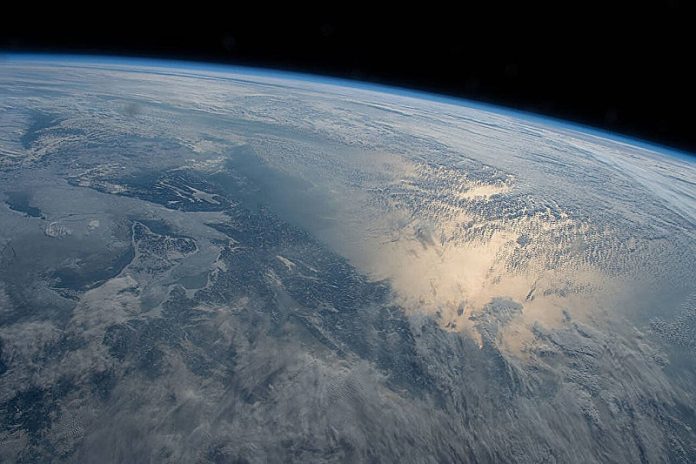
For a long time, scientists believed that human-like life was extremely rare in the universe.
The “hard steps” theory, proposed in 1983 by physicist Brandon Carter, suggested that intelligent life was nearly impossible because it took billions of years for humans to evolve on Earth.
However, a new study from Penn State challenges this idea, arguing that intelligent life might actually be a natural result of a planet’s evolution.
The research, published in Science Advances, suggests that life on Earth didn’t evolve due to random lucky breaks. Instead, key environmental changes, like increasing oxygen levels, created the right conditions for complex life to develop.
The study proposes that human evolution wasn’t “early” or “late” but happened at the right time when Earth became habitable.
This means that other planets with similar conditions could also develop intelligent life.
Dan Mills, the study’s lead author from the University of Munich, explained that for complex animals to exist, the atmosphere needed a certain level of oxygen.
Over time, microbes and bacteria produced enough oxygen, making Earth suitable for more advanced life forms.
“If life follows the evolution of a planet, then intelligent beings may appear as soon as the right conditions exist,” said Mills. “Some planets might reach these conditions faster than Earth did, while others may take longer.”
In contrast to the “hard steps” theory, which assumes life is incredibly rare because it took 5 billion years to evolve on Earth, this new study argues that we should look at planetary time scales instead of the lifespan of stars.
Jason Wright, a professor of astronomy and astrophysics at Penn State, emphasized that Earth’s changes—like oxygen levels, ocean chemistry, and climate—were key to shaping life.
“This study suggests that evolution may be more predictable than we thought,” said Wright. “Instead of rare accidents, life could be a natural process that unfolds when the conditions are right.”
The research team, which included geobiologists and astrophysicists, hopes to test their new model. One idea is to look for biosignatures, such as oxygen, in the atmospheres of distant planets. Another is to examine whether complex life forms could evolve under different environmental conditions.
The team also wants to explore whether key evolutionary steps, like the origin of life or the development of complex cells, happened more than once on Earth but were lost due to extinction.
“This fresh perspective increases the chances that intelligent life exists beyond Earth,” said Wright. “If evolution follows planetary conditions, then there may be many planets where life is evolving just like it did here.”
This research opens new possibilities for discovering life in the universe and could change how we understand our own origins.



